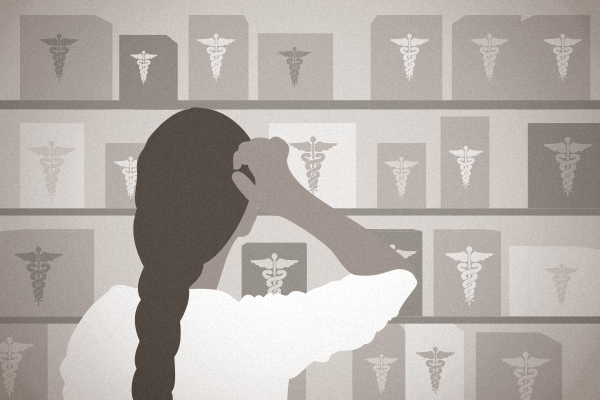We’re back and a LOT has happened! Seriously, 2014 is going to be a year of paradigm shift — the status quo isn’t going to cut it if insurance premiums jump 50-60% and fee-for-service docs are being told to keep 6 months of cash on hand to protect themselves from ICD-10 payment delays. Great news, though, we’re working with large unions comprised of 10-15k employees — manufacturing unions, school district unions, others — and excited about how vital this could be in the spread of direct care. And there are more physicians cutting the red tape — A practice in Oklahoma opens April 1st; Dr. Michael in Missouri is almost ready to start operating cash-only; an office in New Mexico opens February 1st; and several more are slated for the next few months. Once this ball gets rolling, we’re convinced it’s not going to slow down.
LISTEN TO EPISODE 14 OF THE ATLAS MD PODCAST HERE
In this episode, the docs outline best practices for direct care pricing, share a surprising story of insurance intimidation, and offer insight into the effects that insurance-free medicine will have on healthcare.





